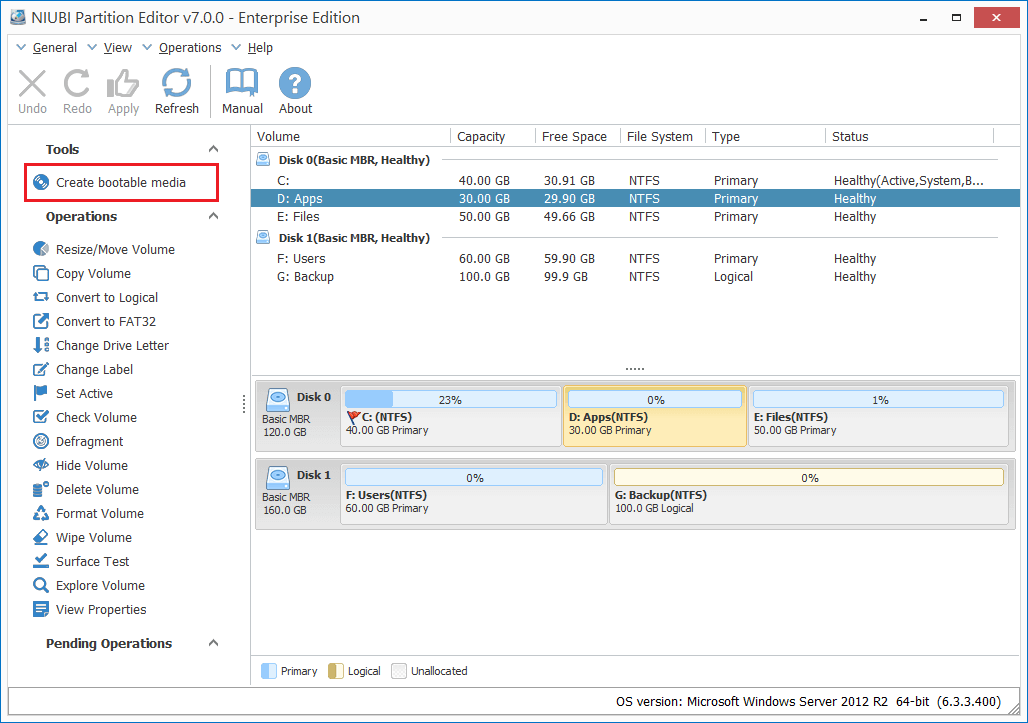
Blok Upravleniya Elochnoj Girlyandoj
Other features in this release Cross-Origin resource policy allows http servers to ask the browser to prevent cross-origin or cross-site embedding of the returned resource. This is complementary to the Cross-Origin Read Blocking feature and is especially valuable for resources not covered by CORB (which only protects HTML, XML and JSON). Cross-Origin-Resource-Policy is currently the only way to protect images against Spectre attacks or against compromised renderers. Grammar in use murphy pdf. CSS redirects are cross-origin To align with the specification, stylesheets that (a) failed to load due to network error, or (b) loaded via a redirect from cross-origin back to same-origin. Document.visibilityState set to “hidden” when WebContents is occluded Thanks to the WebContents Occlusion feature in Chromium, the will now, especially when they are occluded. In other words, the document.visibilityState value will be “hidden” when the browser tab or window is covered by one or more window.
Blok kolegij A4 crte 80L perforacija+4rupe Color Code Brunnen 10-67927 132 plavi. Chromium Blog News and developments from the open source browser project Chrome 73 Beta: Constructable stylesheets, a new RegExp function, and passive mouse events Friday, February 8, 2019 Unless otherwise noted, changes described below apply to the newest Chrome Beta channel release for Android, Chrome OS, Linux, macOS, and Windows.
The WebContents Occlusion feature is supported only on Chrome OS and macOS at this time. Windows support is in progress. DOMMatrixReadOnly.scaleNonUniform() The function post-multiplies a non-uniform scale transformation on the current matrix and returns the resulting matrix.
It is being re-added to support legacy compatibility with SVGMatrix. Non-uniform scaling is a transformation in which at least one of the scaling factors is different from the others. For example, non-uniform scaling might turn a rectangle into a square or a parallelogram.
EME extension: HDCP policy check Applications now have the ability to query whether a certain so that playback can be started at the optimum resolution for the best user experience. For developers who want to try it. GamePad API: GamepadButton touched attribute The GamePad API now provides the, which indicates whether a finger is on a button independent of whether it's being pressed. Imagesrcset and imagesizes attributes on link rel=preload The element properties to correspond to srcset and sizes attributes of HTMLImageElement. To use them, the element must include the preload and image keywords as shown below. Implicit root scroller Implicit root scroller allows viewport-filling scrollers (iframes, divs) to perform, i.e. Show/hide URL bar, overscroll glow, rotation anchoring, etc.
 This feature doesn't have an API so it's not on a standards track. Chrome will try to determine if a page is mainly contained in a non-document scroller and attempt to delegate its document-scrolling-UX to that scroller. This is an implicit version of the previously proposed.::part pseudo element on shadow hosts Chrome now supports the, allowing shadow hosts to selectively expose chosen elements from their shadow tree to the outside page for styling purposes.
This feature doesn't have an API so it's not on a standards track. Chrome will try to determine if a page is mainly contained in a non-document scroller and attempt to delegate its document-scrolling-UX to that scroller. This is an implicit version of the previously proposed.::part pseudo element on shadow hosts Chrome now supports the, allowing shadow hosts to selectively expose chosen elements from their shadow tree to the outside page for styling purposes.
PerformanceObserver.supportedEntryTypes provides a way to feature-detect the PerformanceEntry types that are implemented in a web browser. For example, a developer running this in Chrome could get something like this in the console: ['longtask', 'mark', 'measure', 'navigation', 'paint', 'resource']. App users expect a great experience on their device. To ensure the quality of experience TWAs must meet PWA installability and load fast. Loading speed is measured using and web content in TWAs must achieve a performance score of 80. Lighthouse is an open-source, automated tool for auditing performance & progressive web apps and is useful both as a benchmark and to help you build better websites.

As with any Play app, additional quality criteria may apply in the future. Apps which fail to meet TWA quality requirements or Play store may be denied entry or delisted. If you operate a website that shows ads, you should consider reviewing your site status in the, a tool that helps publishers to understand if Chrome has identified any violating ad experiences on your site. Starting today, publishers in regions outside of North America and Europe can use this tool to understand if they have intrusive ad experiences on their site, their current status (passing / no issues found or failing), and resolve outstanding issues or contest a review. While we’ve already reviewed millions of sites around the world, we will continue to expand these reviews in the coming months. Our ultimate goal is not to filter ads, but to build a better web for everyone, everywhere.